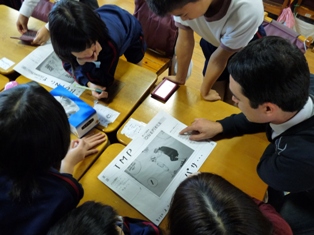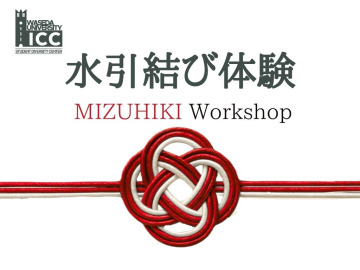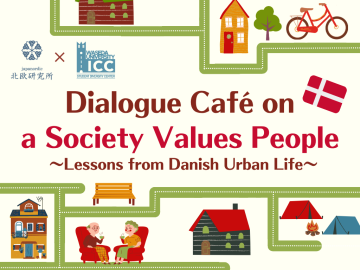Center for Japanese Language (CJL) Kailyn Huang
When I enrolled in Waseda’s School Visit Program, I never expected that I’d find myself speaking English at an elementary school, of all places. But Jitsugyo Elementary is no ordinary school. Nestled in Kokubunji, a quaint and fashionable suburban city on the western outskirts of Tokyo, Jitsugyo is directly affiliated with Waseda University, and takes evident pride in this connection. Waseda’s emblem decorates every uniform, and its signature shade of 茜 (akane), a deep crimson, colors even the rice and soup bowls served at lunch. At Jitsugyo Elementary, Waseda is family.
I had come with a purpose: each year, the ICC invites Waseda students to visit Jitsugyo and take part in a day of English lessons. I was fortunate to be included in one such visit, alongside several other international students. In my view, it was the perfect day. The campus was beautiful: everything from the classrooms to the playground carried a quiet sense of calm. The Tanabata tree lined with colorful wishes greeted me as I entered, and soft, cool daylight poured into the open hallways. From the classroom windows, a stretch of trees filled my view, serene and quietly comforting.
Beyond the scenery, however, what truly defined the experience were the people. The moment I entered the first class of the day, I was charmed. The students at Jitsugyo welcomed us with great fanfare, their lively cheers audible well before we stepped into the classroom. Even the simplest facts about my country—hamburgers, Hollywood—sparked delighted conversations that were a joy to witness.
The real pleasure was in speaking to the students themselves. Our time together was short, but I learned at least as much as they did. On paper, it was merely a straightforward 英会話 (eikaiwa, English conversation) activity, yet their earnest efforts to communicate in a second language were profoundly moving. I learned of their lives in Japan, and in turn, they eagerly drew connections between my hometown of Los Angeles, and their personal interests. In mentioning Yoshinoya as a favorite chain restaurant of mine, they abandoned English for a more universal language, resorting to playful shouts of surprise and exaggerated disapproval at my statement. It was then I realized how many more culinary experiences await me in Japan, though I’ll stand by my opinion for now.
Although it had been raining quite gloomily all morning, Jitsugyo felt like an idyllic shelter, from both the weather and the wider world. In the hours that passed too quickly during my visit to this remarkable place, the warm welcome from the staff and students at Waseda Jitsugyo made me feel as though I had never left the university campus. It was in this spirit of openness that I recognized something familiar: an echo of every ICC event I’ve attended, each redefining my understanding of intercultural exchange and reinforcing my belief that the most meaningful language is often wordless, expressed through gestures and unspoken moments that connect us all.





